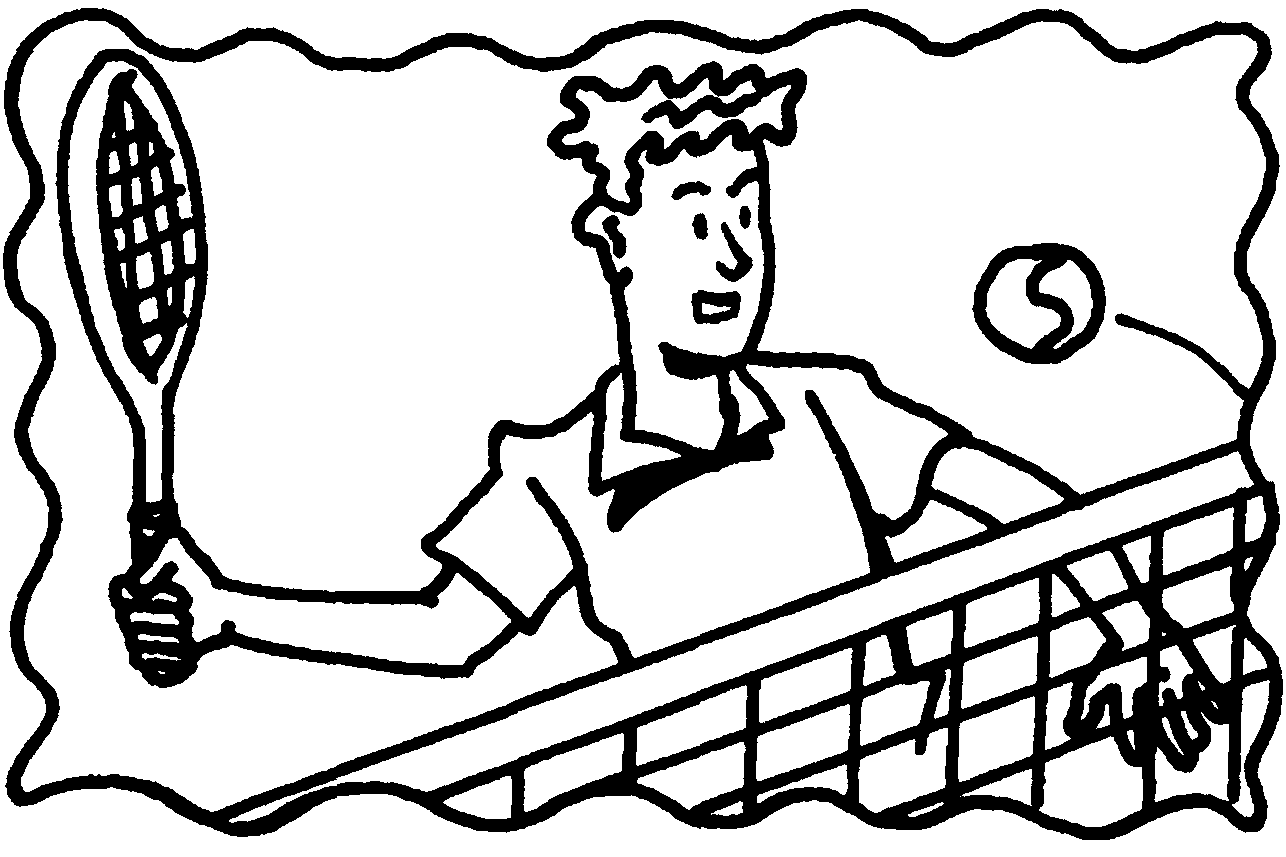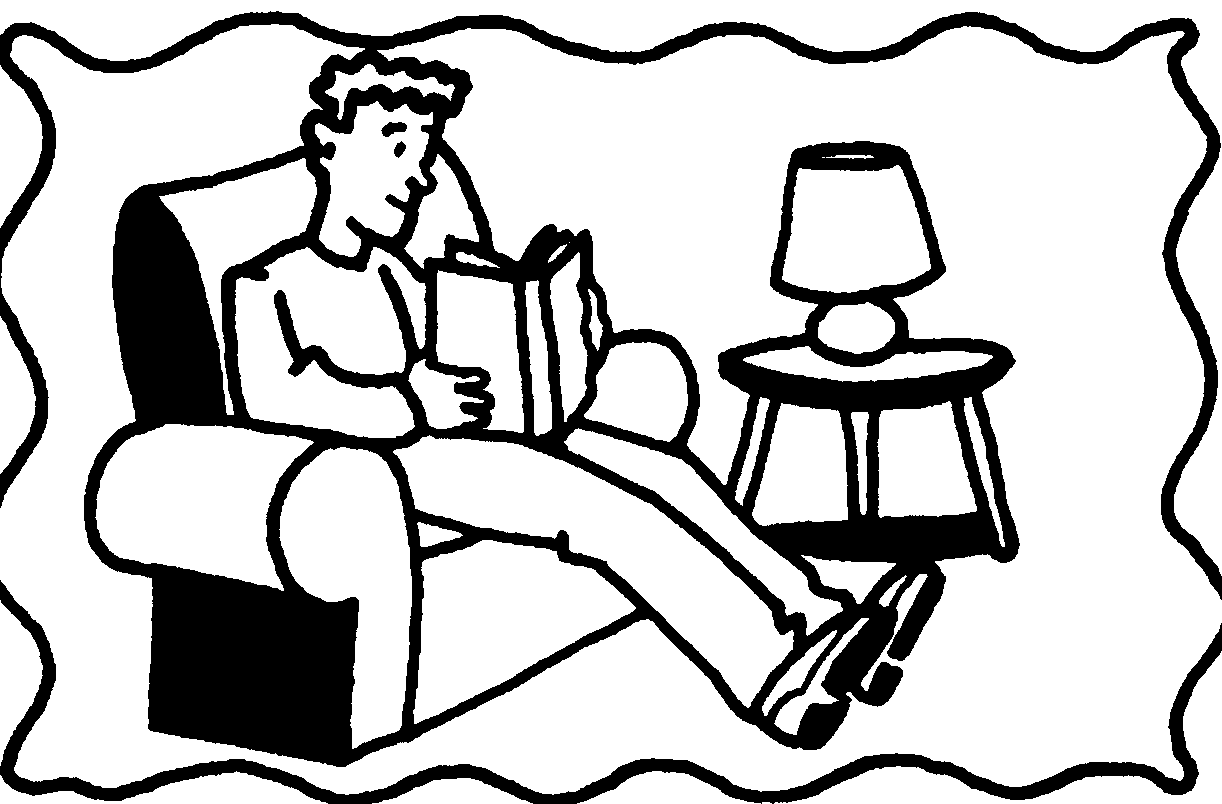
- •Предисловие
- •Present Simple and Present Continuous
- •Present Simple
- •Part II Present Continuous
- •Part III Present Simple and Present Continuous
- •Part IV Practice test
- •4.1 Which alternative is correct?
- •4.2 Open the brackets using the Present Simple or Present Continuous.
- •4.3 Correct these sentences.
- •4.4 Translate into English.
- •Past Simple, Past Continuous and used to
- •Past Simple
- •Part II Past Continuous
- •Part III Past Simple and Past Continuous
- •Part IV used to
- •Part V Practice test
- •5.1 Which alternative is correct?
- •5.2 Open the brackets using the Past Simple or the Past Continuous.
- •5.3 Correct these sentences.
- •5.4 Translate into English.
- •Some, any, no, every and their compounds
- •Much, many, a lot (of), little, a little, few, a few
- •Some, any , no, every and their compounds
- •Part II Much, many, a lot (of), few, a few, little, a little
- •Part III Practice test
- •3.1 Which alternative is correct?
- •3.2 Fill in the gap with one suitable word.
- •3.3 Correct these sentences.
- •3.4 Translate into English.
- •The Article
- •The indefinite article
- •Part II The definite article
- •Part III Special cases
- •Part IV The definite and the indefinite article
- •Part V Practice test
- •5.1 Which alternative is correct?
- •5.2 Use the correct article if necessary.
- •5.3 Correct these sentences.
- •5.4 Translate into English.
- •Verb patterns Part I
- •Part II The Gerund
- •Part III Gerund or Infinitive
- •Part IV Practice test
- •4.1 Which alternative is correct?
- •4.2 Use the correct form of the verb in brackets.
- •4.3 Correct these sentences.
- •4.4 Translate into English.
- •The Future
- •Present Continuous and be going to
- •Part II Future Simple and shall
- •Part III Future forms in contrast
- •Part IV Practice test
- •4.1 Which alternative is correct?
- •4.2 Use the correct future form of the verb in brackets.
- •4.3 Correct these sentences.
- •4.4 Translate into English.
- •Comparison of adjectives and adverbs
- •The comparative degree of adjectives
- •Part II The superlative degree of adjectives
- •Part III The comparative and superlative degree of adjectives
- •Part IV Degrees of comparison of adverbs
- •Part V Practice test
- •5.1 Which alternative is correct?
- •5.2 Complete the text with the correct form of the word in brackets.
- •5.3 Correct these sentences.
- •5.4 Translate into English.
- •Present Perfect Simple
- •Forming the Present Perfect Simple
- •Part II Present Perfect Simple for life experience
- •Part III Present Perfect Simple for actions with results in the present
- •Part IV Present Perfect Simple for actions that continue to the present
- •Part V Present Perfect Simple, Present Simple and Past Simple
- •Part VI Practice Test
- •6.1 Which alternative is correct?
- •6.2 Put the verbs in brackets in the correct tense form.
- •6.3 Correct these sentences.
- •6.4 Translate into English.
- •Present Perfect Continuous
- •Forming the Present Perfect Continuous
- •Part II Present Perfect Simple and Present Perfect Continuous
- •Part III Present Perfect Continuous and various tenses
- •Part IV Practice Test
- •4.1 Which alternative is correct?
- •4.2 Put the verbs in brackets in the correct tense form.
- •4.3 Correct these sentences.
- •4.4 Translate into English.
- •Unit 10
- •Modal verbs
- •Have to
- •Part II Must
- •Part III Should
- •Part IV Have to, must and should
- •Part V Practice test
- •5.1 Which alternative is correct?
- •5.2 Use the correct form of must, have to or should (positive or negative form, present or past).
- •5.3 Correct these sentences.
- •5.4 Translate into English.
- •Unit 11
- •Time and Conditional Clauses
- •Time clauses
- •Part II Conditional clauses
- •Part III Time and conditional clauses
- •Part IV Practice test
- •4.1 Which alternative is correct?
- •4.2 Open the brackets.
- •4.3 Correct these sentences.
- •4.4 Translate into English.
- •Unit 12
- •The Passive
- •The Present Simple and Past Simple Passive
- •Part II The Passive with various tenses and structures
- •Part III Active and Passive
- •Part IV Practice test
- •4.1 Which alternative is correct?
- •4.2 Open the brackets.
- •4.3 Correct these sentences.
- •4.4 Translate into English.
- •Bibliography
- •Учебное издание
- •Сборник упражнений по грамматике английского языка для студентов начального и среднего уровней
Part III Present Simple and Present Continuous
Exercise 3.1
Choose the correct form of the verb.
My brother doesn’t watch /
isn’t watchingtelevision very often.He speaks / is speaking three languages.
Can you hear those people? What do they speak / are they speaking about?
I go / am going to my friend’s house.
He usually enjoys / is enjoying all trips, but he doesn’t enjoy / isn’t enjoying this one very much.
How does Nick get on / is Nick getting on at school?
Who sings / is singing? – It’s my neighbour. He always sings / is singing in the bathroom.
Stop disturbing me! Can’t you see I work / am working?
I’m sorry it’s so noisy, but we move / are moving the furniture.
I send / am sending E-mails to my friend in Africa every week.
I read / am reading a good book about the history of Britain.
We read / are reading a lot of French books every year.
We are at a party. We have / are having a great time!
How often do you read / are you reading newspapers?
Look! Someone sits / is sitting in your place.
Exercise 3.2
Look at the pictures and answer the questions about what the people do and what they’re doing now.
1 2 3 4








Is he teaching? What is he doing?
Does he drive? What does he do? |
Does he cook? What is he doing?
Is he studying? What does he do? |
Exercise 3.3
Put the verbs in the Present Simple or the Present Continuous form.
Listen! Somebody (cry). is crying
Sandra (not like) black tea. She (prefer) green tea.
What time your husband (leave) work in the evening?
How much it (cost) to phone the USA?
What Meryl (do)? – She’s an artist.
Why is Meryl under the table? What she (do)?
What time the banks (close) here?
I (like) to listen to music. It (help) me to relax after a busy day.
Why you (run)? – I (hurry) to university.
Jerry is a famous actor. He (act) in comedies mostly.
Excuse me, do you know who (act) Hamlet today?
Steve (play) for Manchester United. This week he (play) in Barcelona.
Exercise 3.4
Put the verbs in the correct form. Pay special attention to State verbs.
You (want) to go our tonight? Do you want
I’m afraid nobody (believe) you.
This dress (not fit) you. You (not look) very beautiful in it.
The house (be) in very good condition. It (not need) repairing.
You (see) my bag anywhere? – Just a moment, I (look) for it.
She (be) still ill, but she (get) better.
Why are you so sad? – I (think) about my parents. They (live) far away and we (not see) each other very often.
What your dad (think) of camping? – He (think) it’s great.
I (hear) some noise downstairs. What is it? – The neighbours (redecorate) their flat.
I’m sorry. I (not understand). Can you speak louder, please?
You (know) that woman? – I (think) yes, but I (not remember) her name.
What all those people (wait) for? – They (want) to see a famous singer. He (come) to give a concert.
I can’t buy any new clothes now. We (save) money to buy a car.
Peter (seem) to be happy at school. – Oh, yes. He (enjoy) playing with the children.
What the word “annually” (mean)? – It (mean) every year.
You (prefer) to go by car or by train? – It (depend) on the weather.
The child (keep) crying. – Maybe he (be) hungry.
We (have) a very nice holiday. We (have) a comfortable room in a hotel. And now we (have) breakfast in the hotel’s restaurant.
Exercise 3.5
Use the correct form of the verb, Present Simple or Present Continuous.
Dear Aunt Emily,
I (1) … just … (write) to tell you how much I (2) … (be) grateful for the money you sent me, and to tell you how I (3) … (get on) in my first term at university. I (4) … (study) very hard, but at the moment I (5) … (spend) a lot of time just making friends. I (6) … still … (stay) with my friend Jane, and I (7) … (look) for my own place to live. I (8) … (go) to lectures every morning and most afternoons I (9) … (study) in the library. In fact I (10) … (write) this letter instead of going to my phonetics class. I (11) … (think) I can spend the money you sent on some new clothes. Winter things (12) … (cost) a lot here, and I (13) … (save) to buy a warm coat. It (14) … (get) really cold here in the evenings. In general we (15) … (have) quite a good time here! I (16) … also … (learn) to drive.
See you soon. Love
Ann
Exercise 3.6
Read the dialogue and fill in the gaps with the Present Simple or Present Continuous.
A: Hi, Nick. What (1) … (you/do)?
B: I (2) … (look) through some old photos. Look, here’s an old picture of Brian and Jessica when they (3) … (get) married.
A: Oh, I (4) … (think) they (5) … (look) smart! Jessica (6) … (carry) such delicate flowers. And Brian’s suit (7) … (fit) him so well.
B: Yes, I (8) … (agree). Jessica (9) … (seem) really happy and Brian a bit serious. I wonder what he (10) … (think) about.
A: They (11) … (be) at that restaurant near the Opera House, (12) … (not be) they?
B: Yes, I (13) … (think) so. By the way, (14) … (Brian/have) the same job as before?
A: Not really. He (15) … (not work) for that company any more, now he (16) … (sell) designer clothes. And this month he (17) … (work) in Paris.
B: (18) … (Jessica/have) an opportunity to travel with her husband?
A: Not now. She (19) … (expect) a baby at the moment, so she (20) … (prefer) to stay at home.
B: I (21) … (see). And where (22) … (Brian/stay) in Paris?
A: I (23) … (not know) exactly. At a hotel probably.
